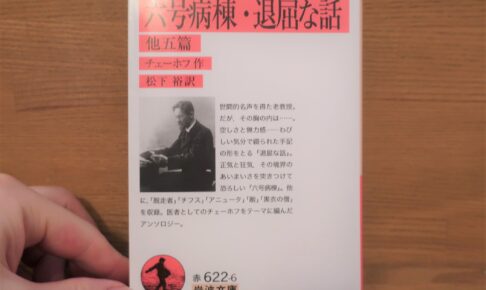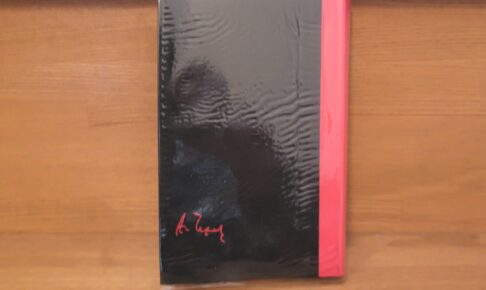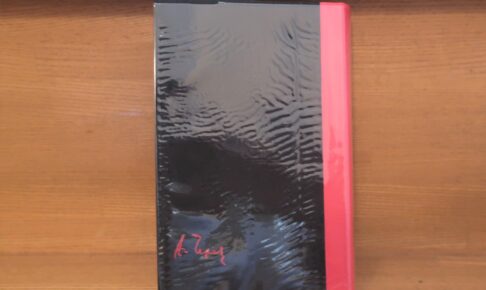Chekhov's "The Pretty Woman" Synopsis and Impressions - Tolstoy's Great Favorite
Tolstoy was a great admirer of "The Pretty Woman" and even recited it many times in front of others. This shows how much he liked this work.
In these areas, too, we can see the characteristics of Tolstoy's vision of the ideal.
But there is a back story to this.
Chekhov did not write "The Pretty Woman" with the same intention as Tolstoy.
Chekhov wrote this work under the title "The Pretty Woman" to satirize Aurenika, who had no will of her own.
How one reads a work of art is a good example of how one's individuality can be expressed. I felt that the combination of "The Pretty Woman" and Tolstoy is a good example of how the reader's individuality can be expressed.










































